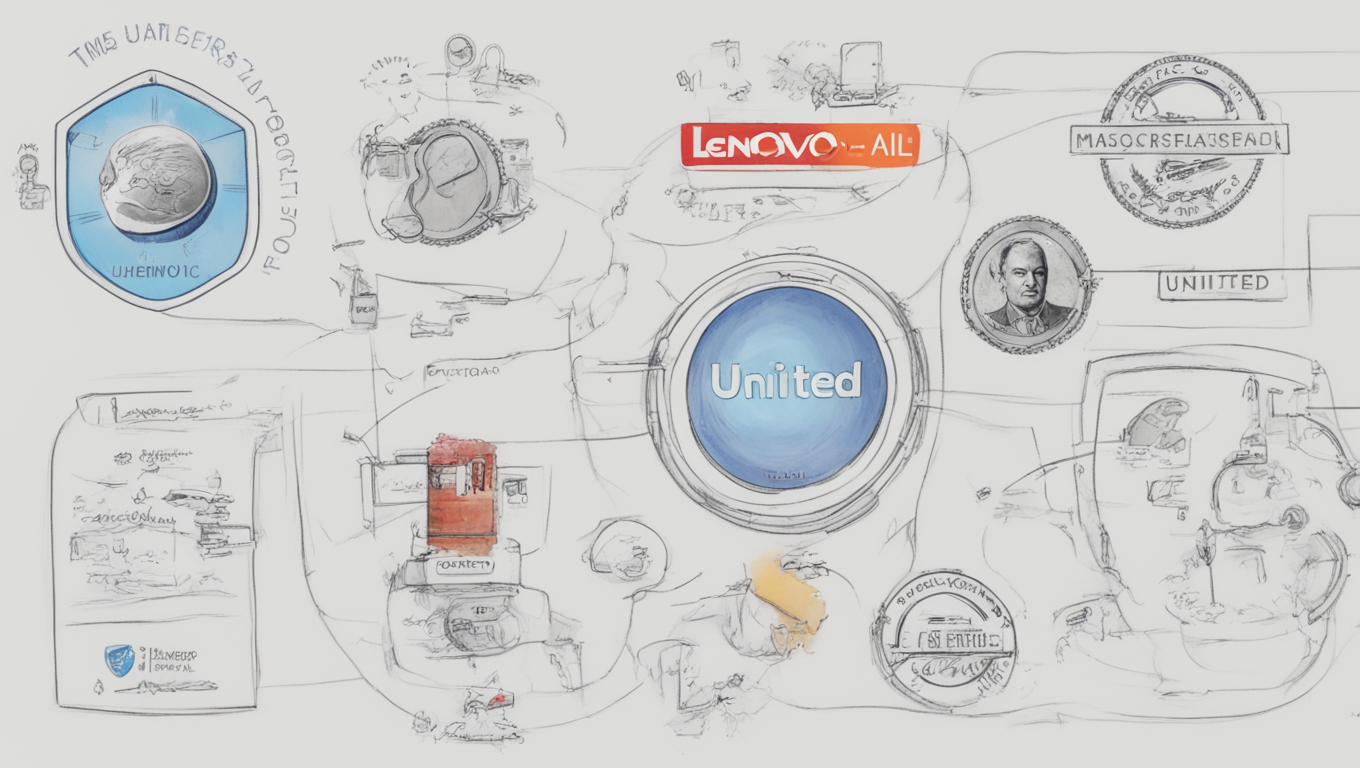Lenovo, Salesforce, Mastercard, and More Join Federal AI Code; Critics Voice Concerns
OTTAWA — In a significant move for the artificial intelligence (AI) industry, eight more organizations have signed on to the federal government’s voluntary code of conduct for AI. Notably, computer manufacturer Lenovo, software firm Salesforce, credit card company Mastercard, and enterprise systems business Kyndryl are among the organizations joining the initiative. The Canadian signatories include the Toronto tech hub MaRS Discovery District, virtual tutor operator Alloprof, consulting firm Levio, and Quebec’s real estate brokers organization. The adoption of the code, which was launched last year, requires organizations to implement measures that aim to reduce the risks associated with AI, such as screening data sets for biases and monitoring systems for potential harms.
While this news marks a significant step forward in promoting ethical and responsible AI practices, there have been some critics who question the impact of the federal AI code on entrepreneurship. One notable voice among these critics is Tobi Lütke, the founder and CEO of Shopify Inc. Lütke has expressed his reservations about supporting the code, arguing that Canada should focus on encouraging the building of companies rather than adding more regulatory oversight. In his words, “the country doesn’t need any more ‘referees’.”
The voluntary nature of the code has been a point of contention for some industry leaders. However, proponents argue that it serves as a crucial framework for organizations to operate within, ensuring that AI technologies are developed and deployed responsibly. As we continue to witness significant advancements in AI, it becomes increasingly important to establish ethical guidelines that prioritize accountability and minimize potential risks.
The inclusion of well-known companies like Lenovo, Salesforce, and Mastercard further strengthens the impact of the federal AI code. These companies bring with them a wealth of expertise, resources, and influence, creating an environment that encourages responsible AI practices throughout the industry. Their endorsement of the code signals a commitment to addressing the ethical challenges associated with AI and a recognition of the need for industry-wide cooperation.
In recent years, the AI industry has come under scrutiny for issues such as biased algorithms and privacy concerns. The federal AI code addresses these concerns by promoting transparency, accountability, and fairness in AI development and usage. By incorporating measures to screen data sets for biases and monitoring systems for potential harms, organizations are taking concrete steps towards mitigating the risks associated with AI.
The significance of this initiative extends beyond national borders. Canada’s commitment to fostering responsible AI practices sets a positive example for other countries and industries. As AI continues to evolve and become more integrated into various aspects of our lives, it is imperative that ethical considerations remain at the forefront.
In conclusion, the addition of Lenovo, Salesforce, Mastercard, and others to the federal AI code demonstrates a growing recognition of the importance of responsible AI practices. While critics have raised concerns about the impact on entrepreneurship, the voluntary code serves as a crucial framework for organizations to operate within, ensuring that AI technologies are developed and deployed ethically. With significant industry players endorsing the code, we can expect to see advancements in responsible AI practices that benefit both society and the AI industry as a whole.





Use the share button below if you liked it.